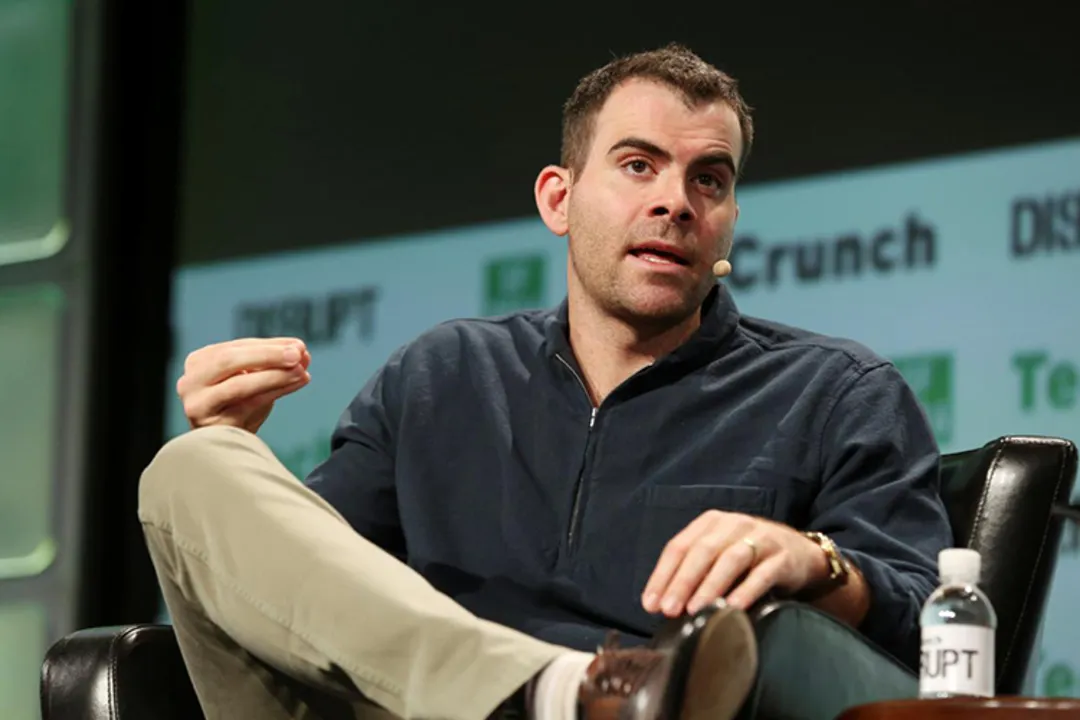Instagram CEO Emphasizes the Need for More Transparency on AI-Generated Content
As artificial intelligence technology continues to advance, creating images and videos that are nearly indistinguishable from real-life examples has become commonplace. This has raised new concerns about the spread of false and misleading information on social media platforms, particularly Instagram. In a series of posts on the Threads platform, Adam Mosseri, Instagram’s CEO, stressed the importance of providing more information about online content, especially AI-generated content. buy instagram followers
The concerns come amid recent research showing a significant increase in the use of AI for content creation. For instance, reports indicate that over 50% of marketers now use AI-based technology for content production. This statistic highlights that a large volume of online content, both images and text, is now somehow connected to AI, making it increasingly difficult to distinguish real content from AI-generated content. buy instagram likes
Mosseri believes that “AI has made it harder to trust social media,” and users should not blindly trust images they see online because AI is increasingly creating content that can easily be mistaken for reality. He also believes that “users should consider the source of content, and social platforms should assist them in this regard.” buy instagram views
A key point Mosseri emphasized is the role of online platforms in tagging AI-generated content. He stated that platforms should identify and label such content whenever possible, allowing users to distinguish it from real content.
However, he acknowledged that fully tagging AI-generated content may not be feasible, and some content will inevitably slip through the filters. For this reason, Mosseri emphasized that platforms should provide more context and information about the person or organization sharing the content, helping users assess their trust in the content. For example, content shared by a credible news source is more likely to be accurate than content shared by an anonymous account.
Mosseri’s approach bears similarities to user-driven content moderation systems like Community Notes on X (formerly Twitter) and YouTube or custom content moderation filters on Bluesky. In these systems, users play a crucial role in verifying information and providing context for the content being shared.
Meta Platforms Currently Do Not Offer Similar Features, But Fundamental Changes to Content Policies Are on the Horizon
Although Meta platforms currently do not offer such features, the company has recently indicated significant changes to its content policies. It remains unclear whether Meta plans to introduce a similar system, but history suggests that the company often draws inspiration from ideas implemented by other platforms.
